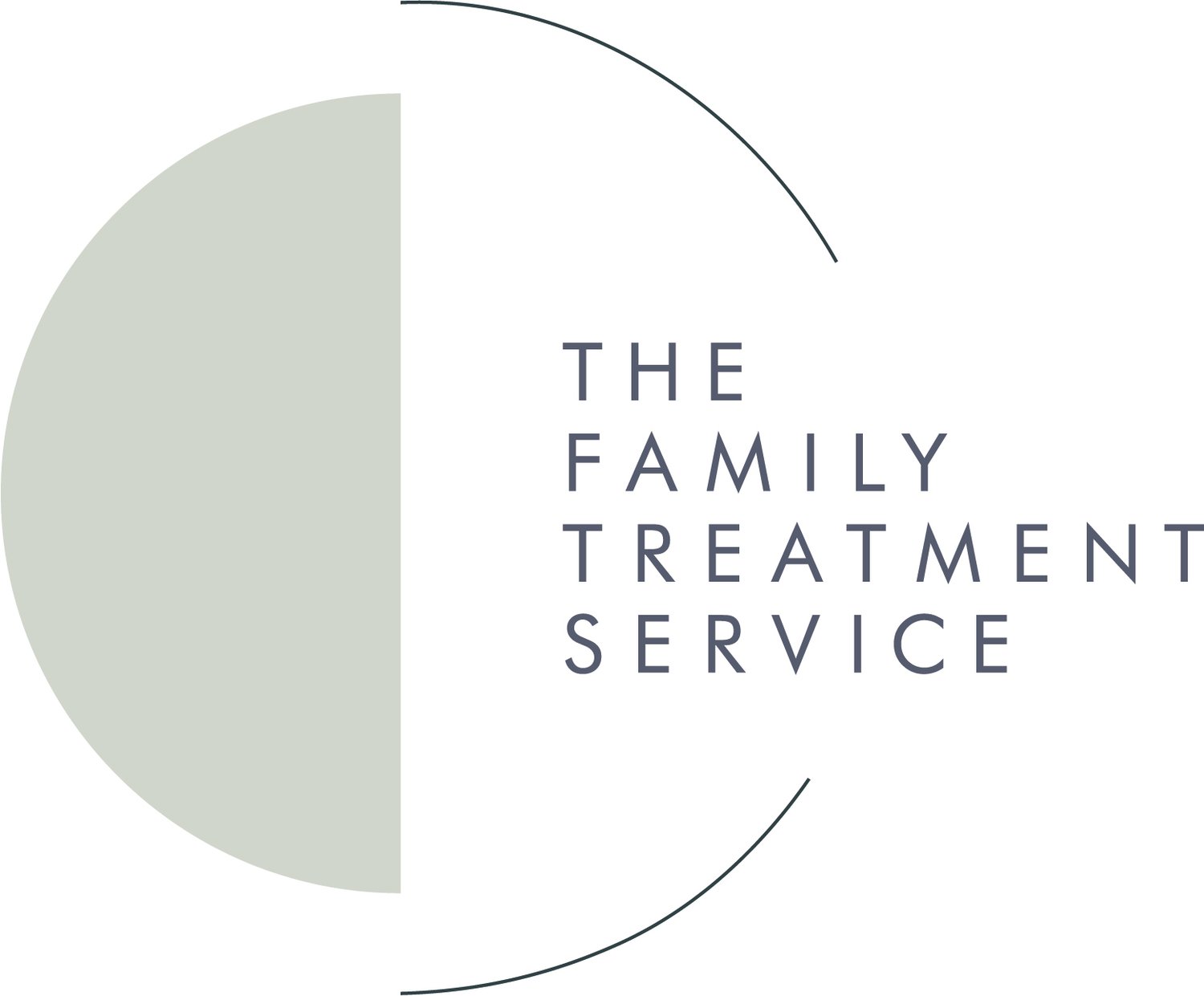
Individual Therapy in our Wimbledon clinic or online.
If you have an issue that causes you negative thoughts, feelings or behaviours or interferes with your daily life then it may be time to seek some therapy. It can also help if you are feeling overwhelmed or hopeless about your life or issues that you face, as well as if you have thoughts about hurting yourself or others.
We all experience stress, anxiety, mood swings and other forms of emotional distress at one point or another in our lives. Whether it’s because of a professional setback, rejection, financial issues, relationships, personal loss or some other reason. Most of the time, we’re able to bounce back eventually but sometimes we might need a little extra help to do so. Therapy isn’t just for those who are struggling with mental illness. It can be beneficial for anyone who is experiencing stress, intense emotions or life transitions and wants to improve their life. Individual therapy provides you with a safe, non-judgmental place to vent about your experiences, explore your options and develop the skills to handle various life challenges.
Individual therapy is a joint process between you and our therapists. You will set goals at the beginning of treatment and review these regularly in order to inspire change and improve your quality of life, help you make healthy decisions and handle difficult situations. Therapy may not cure a condition but will give you healthy coping skills and a new way of thinking. Research shows us that therapy results in fewer incidences of relapse in common conditions including moderate anxiety and depression, and many people report the positive effects of therapy long after it has ended.
Our highly experienced clinicians deliver therapeutic approaches that are all evidence based, meaning that they have been subject to clinical observations and research studies to test their effectiveness.
Concerns that may be discussed and treated in therapy include but are not limited to:
Depression · Anxiety · Stress · Food and eating issues · Anger · Addiction · Abuse · Relationship changes or breakdown
Sexuality · Self harm and suicidal thoughts.
Individual Therapy
Initial Consultation: £200
An one hour initial appointment with a psychologist, psychotherapist, CBT therapist or other specialist therapist. This enables our clinicians to get a good understanding of your experience and goals, and to design a bespoke care plan.
Follow-up appointments: £180
A one hour follow-up appointment with a psychologist, psychotherapist, CBT therapist or other specialist therapist.. Some of our clinicians offer £20 off per session if you book a package of 10 sessions. Some of our clinicians offer £20 off per session if you book a package of 10 sessions. Speak to our reception team if you would like to find out more.
EMDR for Trauma
What is EMDR?
EMDR (Eye Movement Desensitisation and Reprocessing) is an effective therapy for individuals who are struggling with intrusive symptoms and emotional distress as a result of traumatic events that have happened in their lives.
EMDR therapy allows someone to process their difficulties in brief doses, so as to not overwhelm them. This technique is different to other, more traditional talking therapies, which often spend a lot of time discussing the details of past events.
EMDR uses eye movements to help your brain quickly access the memories of the traumatic event(s) from the past. The technique of using eye movements means that the individual does not need to talk at length about the difficult memory.
Instead, the brain begins to break down the memory on its own, until the point where the person is no longer distressed by intrusive thoughts and images.
EMDR is recognised by the National Institute for Health and Care Excellence (NICE) and the World Health Organisation (WHO).
What to expect?
Phase 1: Initial assessment
In your first appointment your clinician will ask you questions about yourself, your family, your past and present relationships and the trauma(s) you may have experienced. We don’t need to know all the details of your trauma and you will not have to retell the events. Following the initial assessment, if both you and your clinician have agreed that you are ready to start EMDR, your clinician will set some goals with you and then begin the desensitisation and reprocessing.
Phase 2: Desensitisation and Reprocessing
During this phase of the therapy, the trauma memory is broken down using the brain's natural healing processes. Your clinician will ask you to track a light or their finger moving backwards and forwards across your visual field whilst you recall the memory or feelings you may associate with the original event.
With repeated sets of eye movements, the trauma memory tends to change in such a way that it loses its painful intensity and becomes a neutral memory of an event in the past. Other associated memories may heal at the same time. This linking of related memories can lead to a dramatic and rapid improvement in many aspects of your life.
It is not a form of hypnosis, you remain in control, fully alert and wide-awake - and you can stop the process at any time. Your clinician will support you throughout. As a result, most people experience EMDR as being a natural and very empowering therapy.
Fees and how to book
Sessions last 60 minutes. Sometimes your clinician may recommend a 90 minute session in order to have more time to desensitise and reprocess a memory.
The amount of sessions needed depends on the trauma(s). But typically the minimum amount of sessions needed is between six to eight.
The initial session is billed at £200, follow-up sessions cost £180 per hour.
Our Team of Individual Therapists
-

Rebecca Gregan
Psychotherapist
-

Dr Luca Palmili
Clinical Psychologist
-

Yasmin Rahemtulla
Psychotherapist
-

Alena Torriani
Counselling Psychologist
